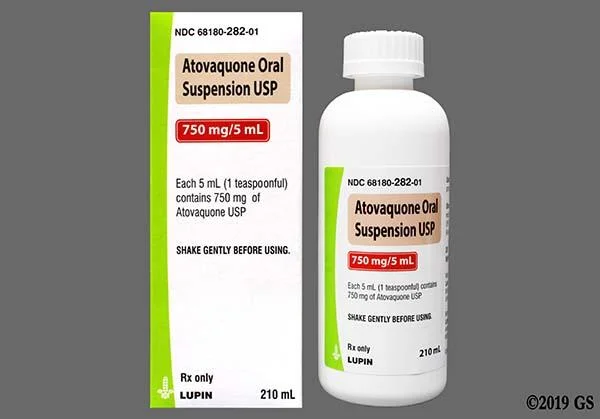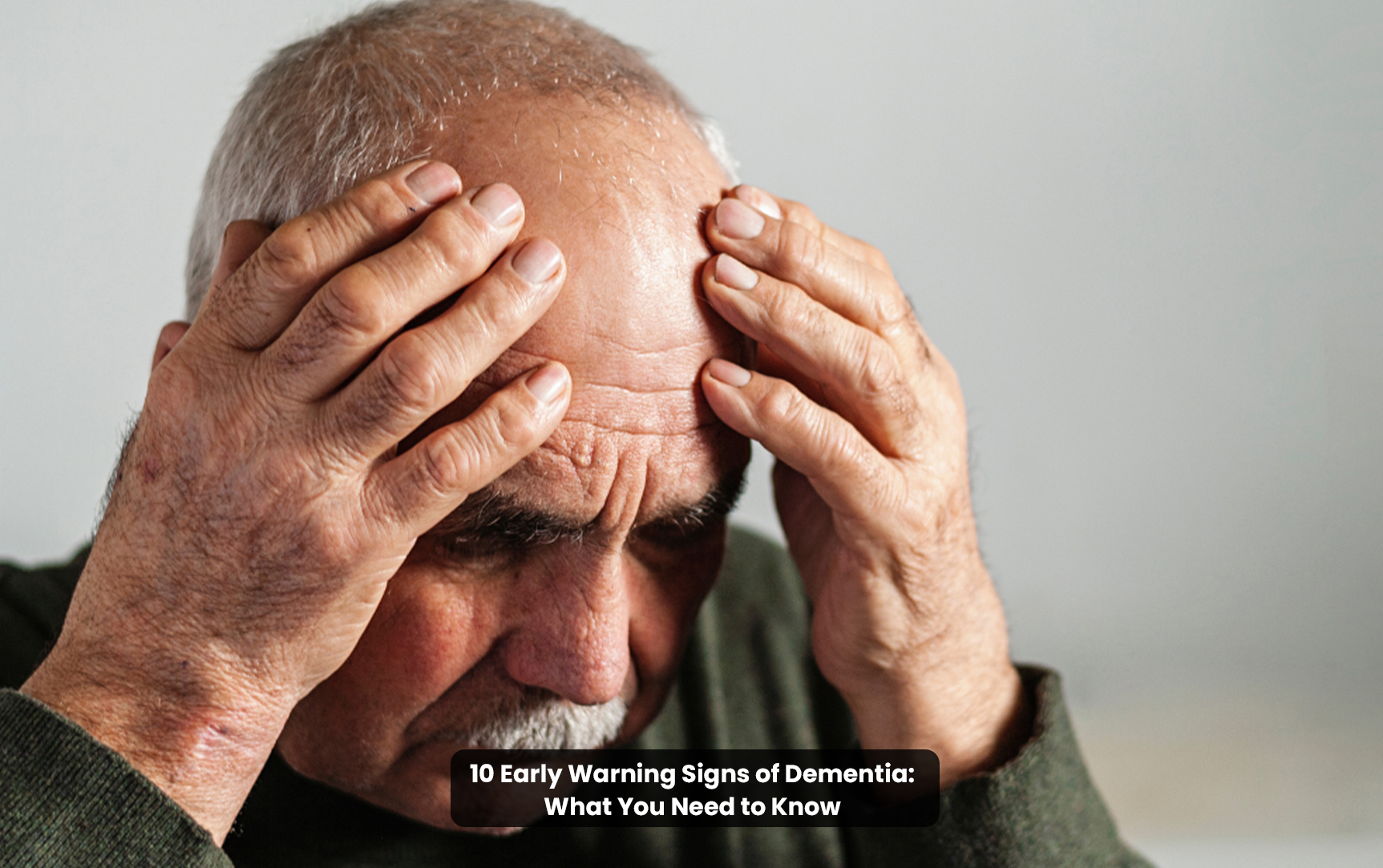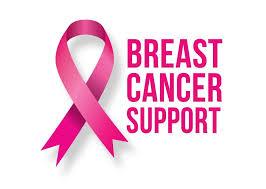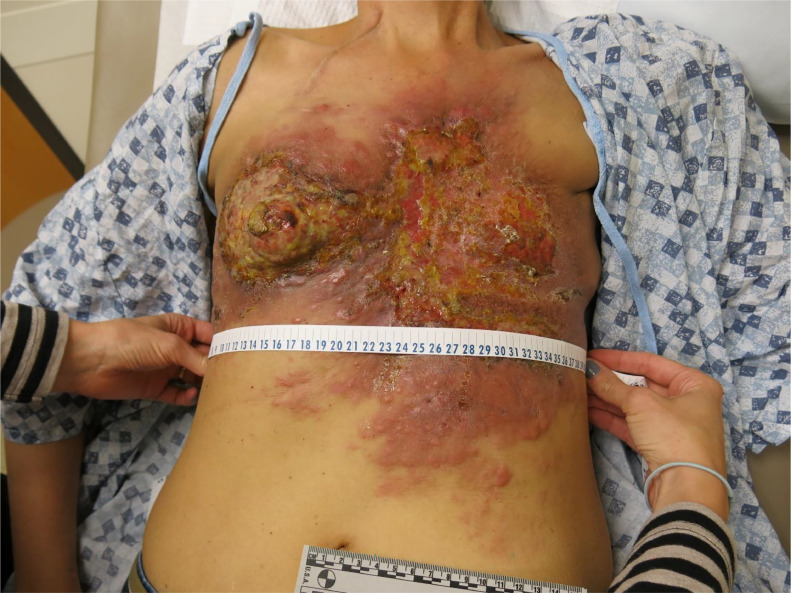Greater Accra, Ghana – For Mary*, a 46-year-old resident of the fishing community of Chorkor, malaria was once a regular, dreaded part of life.
“I remember the fever, the profuse sweating, and the chills that shook my whole body. I never want to go through that again,” she recalls.
That changed when Ghana Health Service, with support from the World Health Organization (WHO) and other partners, distributed free long-lasting insecticide-treated nets (LLINs) to communities like hers. Today, Mary sleeps under a mosquito net every night — and has remained malaria-free for years.
A Remarkable Decline in Malaria Cases and Deaths
Ghana’s malaria control efforts over the past decade have been nothing short of transformative:
- 90% reduction in malaria deaths since 2012
- 85% drop in malaria-related hospital admissions since 2012
- 424,000+ children vaccinated against malaria through WHO’s pilot program
In 2012, the country recorded nearly 2,800 malaria deaths — the equivalent of eight people dying every day. By 2021, that figure had dropped to just 275 deaths — less than one a day.
Hospital admissions due to malaria have also fallen sharply, easing the burden on the health system and allowing resources to be directed toward other public health priorities.
The Role of WHO and National Partnerships
Over the past 10 years, WHO has worked closely with Ghana’s Ministry of Health and National Malaria Control Programme (NMCP) to strengthen prevention, diagnosis, and treatment.
This collaboration has included:
- Technical support for developing national malaria guidelines
- Training health workers in malaria case management and malaria-in-pregnancy protocols
- Supporting the rollout of the world’s first malaria vaccine — the RTS,S/AS01 — through a pilot programme launched in Malawi in 2019, now active in Ghana, Kenya, and Malawi.
According to Dr. Keziah Malm, NMCP Programme Manager, these partnerships have been essential:
“The technical support and leadership WHO has provided have led to critical interventions that are saving lives every day.”
Sustaining Momentum Towards Pre-Elimination
Dr. Felicia Owusu-Antwi, WHO’s National Professional Officer for Malaria and Neglected Tropical Diseases in Ghana, believes the country is on the path to malaria pre-elimination — a stage where cases are so low that malaria transmission could be interrupted entirely.
“Malaria control in Ghana has seen much improvement with significant reduction in disease burden. With sustained efforts, the goal of pre-elimination can be realized,” she says.
To maintain progress, Ghana continues to invest in:
- Mass distribution of LLINs
- Vaccination of children against malaria
- Community education on prevention and early treatment
- Surveillance systems to track and respond to outbreaks quickly
A Model for Africa
Ghana’s success demonstrates that malaria is both preventable and treatable — and that a combination of prevention tools, vaccination, strong health systems, and international partnerships can save thousands of lives each year.
As WHO pushes towards its Global Technical Strategy for Malaria 2016–2030 targets, Ghana stands as a shining example that malaria elimination in Africa is an achievable goal.
💡 Public Health Takeaway:
If you live in a malaria-endemic area, sleeping under an insecticide-treated net, getting vaccinated where available, and seeking prompt diagnosis are life-saving measures.















